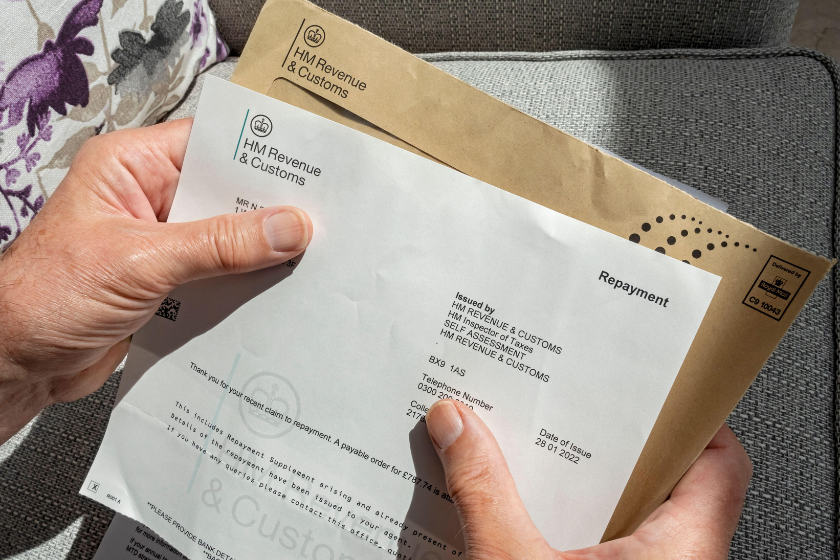How to protect clients amid increasing HMRC enquiry activity
With enquiry activity increasing as HMRC pursues a £42 billion tax gap, and the department’s enquiry tactics...
READ MORE
HMRC launched a campaign in November 2023 to pursue unpaid tax from cryptocurrencies for the 2022-23 financial year. Warnings became increasingly stern in the lead up to the January 2023 self assessment deadline, urging people to avoid potential penalties. Here’s what you need to know about crypto asset taxation.

Myrtle Lloyd, HMRC’s Director General for Customer Services, said at the time: “People sometimes forget that information about crypto-related income and gains need to be included in their tax return. Some people affected may not have had to do a tax return before, so it is important people check.”
Ownership of cryptoassets has been on the rise in the UK, with a survey commissioned by HMRC between February and June 2021 finding that 10% of UK adults held or had held a cryptoasset.
Ownership appeared to skew younger, with 76 per cent of owners under 45. The majority reported that they had tax deducted at source through PAYE, while 25 per cent paid through self assessment.
The rules and regulations around the taxation of cryptoassets can seem impenetrable. HMRC’s Cryptoassets Manual offers guidance within a range of unfamiliar and confusing terms.
IFA member Richard Grant, Owner, Pipergate Limited suggests the challenging language creates a subculture: “The complexity is in the wild names you can get for the tokens. I always think of it like the language of surfing or skateboarding. It is a sub language that can be very blinding.”
His advice is to think of cryptoasset trading in a similar way to share trading options or commodity trading.
“The language is different, but essentially the rules are the same,” he says – assets are taxed when they are sold or exchanged.
Knowing what taxes you are liable for can be confusing, especially when you consider that some 55 per cent of those surveyed by HMRC had never sold a cryptoasset.
In the majority of instances, individuals will be taxed under capital gains tax, which may apply when individuals:
However, there are instances where income tax applies. These include:
Crypto can be a volatile market. The challenge for individuals is to understand the tax ramifications of the market’s peaks and troughs. This lack of knowledge around taxation of cryptoassets became stark at the beginning of 2022.
The cryptoasset market peaked in November 2021, when it neared $3 trillion market cap. Large numbers of individuals rolled these profits into new tokens over the 2021 Christmas period. However, when the market subsequently crashed in March 2022, many individuals were left with outstanding capital gains bills.
Diligent record-keeping is the foundation of accurate crypto taxation, says Grant. This is where the similarities with share reporting is most obvious. Individuals must keep separate records for each transaction, including:
Keeping other records that help to locate and access assets, such as wallet addresses, is also very useful.
Grant final word of advice: “If you use sites linked to wallets to generate tax reports make sure they are set up to follow UK rules and not US, and always do a [sense] check at the end because some very extreme figures can be generated if records are incomplete.”
The IFA tax series features expert speakers discussing tax matters in two-hour webinars. Find out more.